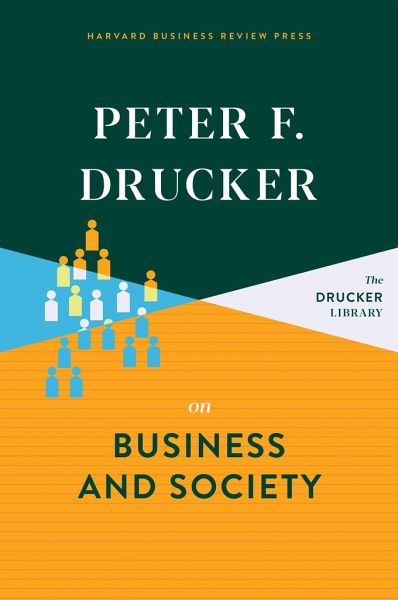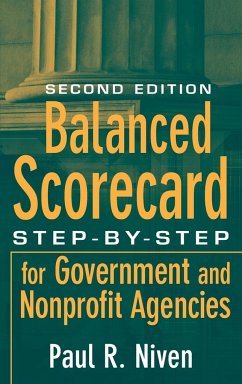
Peter F. Drucker on Business and Society

PAYBACK Punkte
11 °P sammeln!
The Wider World in Which Business Operates The political issues impacting our global economy have changed dramatically in the decades since Peter F. Drucker first wrote the essays in this book, but the relationship between business, government, and society remains a potent driver of national and global prosperity. In this collection of essays, Drucker explores the nuances of economic and political shifts and the impact of these shifts on the environment in which business must operate, as well as the specific challenges they pose for leaders. Drawing from a wide range of disciplines and perspec...
The Wider World in Which Business Operates The political issues impacting our global economy have changed dramatically in the decades since Peter F. Drucker first wrote the essays in this book, but the relationship between business, government, and society remains a potent driver of national and global prosperity. In this collection of essays, Drucker explores the nuances of economic and political shifts and the impact of these shifts on the environment in which business must operate, as well as the specific challenges they pose for leaders. Drawing from a wide range of disciplines and perspectives, this book equips executives to better understand and address: * Structural changes in society * Paradigm shifts in presidential politics * The wider world outside the corporation * How politics, economics, and society must be viewed together as an interdependent system Timeless in its insight and practical wisdom, Peter F. Drucker on Business and Society offers readers a revealing lens through which to view our world today.













